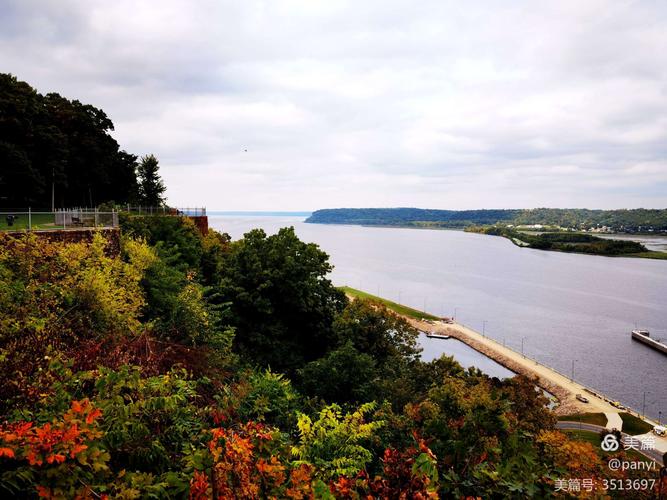Expert Tips: Mastering the Art of Asking Personal Growth Interview Questions
Interviews can be daunting for both the interviewer and the interviewee. As an interviewer, your goal is to ask the right questions to get a reliable insight into the interviewee’s personal growth and professional development. However, crafting impactful and personalized questions that elicit thoughtful responses often requires skill and expertise.
In this article, we will provide expert tips that will enable you to master the art of asking personal growth interview questions. These tips will help you create a comfortable, engaging, and dynamic environment that encourages the interviewee to open up, leading to more meaningful conversations.
1. Know your Interviewee
Before conducting the interview, research the interviewee’s background. This will enable you to tailor questions that are relevant and insightful. Find out about his or her career trajectory, accomplishments, and challenges. This not only helps you craft relevant questions but also shows the interviewee that you are interested in his or her background.
2. Start with Icebreakers
Personal growth interviews should not be clinical and impersonal. To create a relaxed and conversational atmosphere, start with icebreakers. Ask simple and non-threatening questions such as, “What was your favorite book growing up?” Such questions help the interviewee feel at ease, leading to more open and honest responses.
3. Ask Open-Ended Questions
Closed questions elicit short responses, while open-ended questions lead to elaborate explanations. To get a deeper understanding of the interviewee’s personal growth journey, ask open-ended questions that spark discussion. For example, instead of asking, “Were you successful in your last job role?” try asking, “What did you learn from your experience in your last job role?”
4. Focus on Specific Examples
To make the interviewee’s responses more tangible, provoke real-life examples. Ask questions that require detailed examples and specific situations as they help to establish how the interviewee approaches his or her work and develops professionally. For example, “Can you explain to me how you handled a difficult work situation in the past?”
5. Acknowledge Responses
Active listening is an essential aspect of conducting personal growth interviews. Acknowledging and validating the interviewee’s responses show that you value his or her input. You can nod or say “I see,” “Interesting,” or “Thank you for sharing” to acknowledge their responses and encourage further engagement.
6. Respect Boundaries
While it’s essential to delve into personal growth areas, avoid asking overly personal questions. Respect the interviewee’s boundaries and avoid asking questions that may be too intrusive. For example, avoid questions about marital status, family background, or health issues unless relevant to the job function.
7. Wrap-Up with the Interviewee’s Goals
To end the interview, ask the interviewee about his or her goals. This helps to summarize the interview and shows that you are interested in the interviewee’s future aspirations. It also enables you to gather more insights into the interviewee’s personal growth journey.
Conclusion
Personal growth interviews require skill, knowledge, and expertise. By following these expert tips, you can master the art of asking personal growth questions and create a dynamic and engaging interview environment. Remember, the more comfortable the interviewee feels, the more open and honest the answers will be. Be empathetic, active-listening, and respectful to develop a rapport that leads to meaningful conversations.
(Note: Do you have knowledge or insights to share? Unlock new opportunities and expand your reach by joining our authors team. Click Registration to join us and share your expertise with our readers.)
Speech tips:
Please note that any statements involving politics will not be approved.
